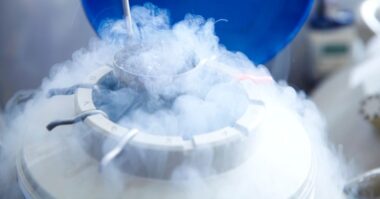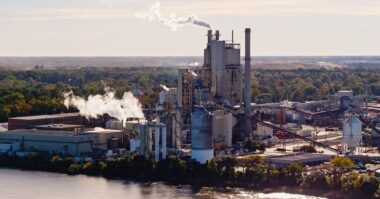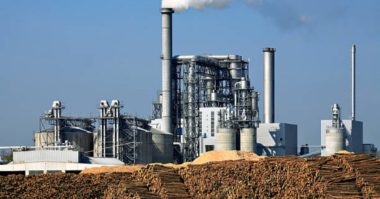Gaskets are versatile sealing components utilized across various engineering applications to effectively seal gaps between two surfaces, making them suitable for virtually any situation that requires mechanical seals.
For example, a gasket may be used to seal the joint between two pipes during oil pipeline installation.
Typically, gaskets are made of materials that are relatively soft, allowing them to deform as needed for proper gap filling. But depending on the specific application, gaskets can be made of a wide array of materials, ranging from plastic and rubber to fiberglass and Teflon™.
Additional support materials, such as sealants, may also be used in some applications. Gaskets may even play a part in maintaining optimal safety for both workers and the environment, as leakage can be extremely dangerous in some situations.
These versatile seals can also allow for simpler, quicker maintenance since they enable one part of a system to be easily isolated for repair.
The Importance of Hydrogen Fluoride Resistance
Hydrogen fluoride is a critical chemical used in many industries, including metal manufacturing and petroleum production. It’s also highly reactive and corrosive.
Therefore, in many applications, all pipelines and process systems must be built to resist the corrosion caused by exposure to hydrogen fluoride.
As such, hydrogen fluoride resistant gaskets are often needed in industries such as petrochemical (gasoline) production plants, semiconductor manufacturing, metal manufacturing, and glass etching.
The manufacturing process for these gaskets can be extremely challenging, however.
Both the cation and anion of hydrogen fluoride are highly active components, making the chemical reactive to most common substances and, therefore, difficult to seal and contain.
Prolonged exposure to even small quantities of the compound — whether through consumption, inhalation, or skin contact — can be extremely dangerous to workers, causing everything from respiratory distress to renal failure.
Given the serious health and environmental hazards associated with hydrogen fluoride, the Environmental Protection Agency (EPA) requires immediate reporting of any leaks; even a minor leak can result in plant shutdown, significantly affecting overall operations, downtime, labor needs, and costs.
Benefits of the Durlon® 9400 Gasket
The Hydrogen Fluoride Industry Practices Institute (HFIPI) publishes a Materials of Construction Guideline to help ensure the safest possible industrial use of hydrogen fluoride.
Within this guide, PTFE, or Teflon™, is listed as a safe sealant for hydrogen fluoride. Here at GRI®, we make use of PTFE in the construction of our hydrogen fluoride resistant gaskets.
Durlon® 9400 carbon-filled PTFE gaskets are built to endure the harshest exposure to hydrogen fluoride. One of the drawbacks of PTFE, however, is that it is white, making it difficult to identify.
The carbon filling eliminates this issue, allowing for optimal visibility and safety. This gasket provides superior sealing properties, and is both highly durable and flexible. It also exhibits excellent non-sticking and cutting characteristics.
Durlon® 9400 is easy to use and can be integrated into many processes in industries ranging from pharmaceuticals to food processing. This gasket provides an affordable, reliable solution for critical applications involving hydrogen fluoride.
Learn More
GRI is committed to improving the safety and efficiency of all types of industrial processes.
The Durlon team of chemical engineers, designers, and safety experts can work with you to select an ideal gasket for your specific application — whether you’re working in phosphate refining, mining, chemical shipping/storage, or specialty chemicals.
For more information about Durlon® 9400 hydrogen fluoride resistant gaskets, reach out to the team today.




Comments